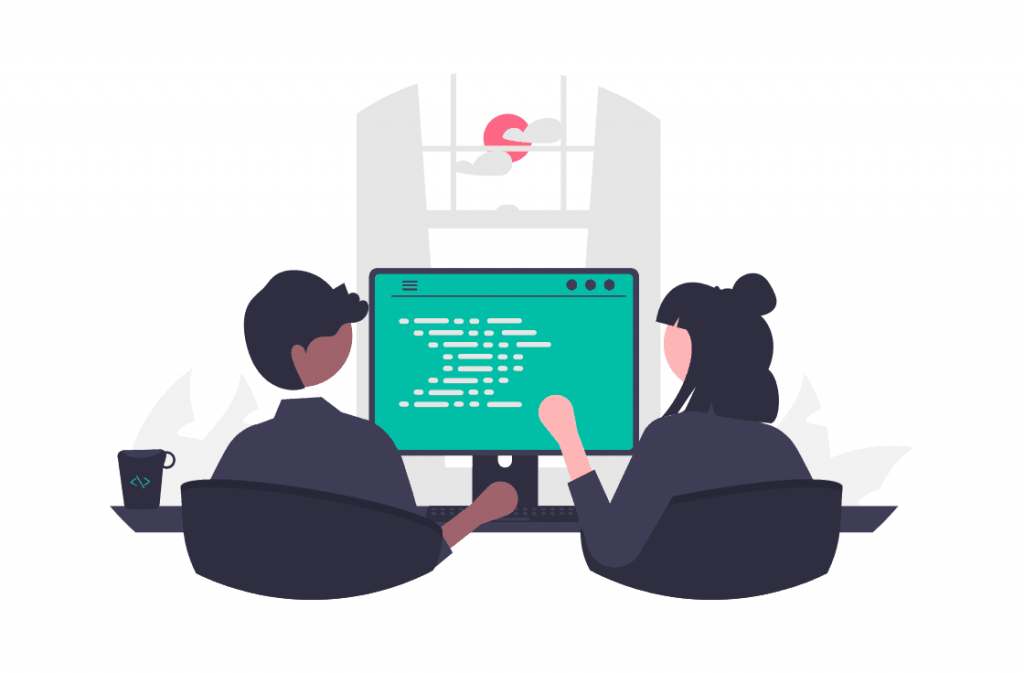One reason is that programming has become a much more accessible field in recent years. With online resources like coding bootcamps and tutorials, it’s easier than ever for beginners to get started. And once you have the basics down, there are endless possibilities for further growth and development.
Another reason is that the programming industry offers many opportunities for career growth. Companies are always looking for qualified programmers, and with the right skillset, you can have a lucrative career in this field.
Finally, the programming industry is booming because it offers many unique benefits and rewards. Programmers enjoy a high level of job satisfaction, and they often have the ability to work from home or remotely. They also have access to many interesting and challenging projects.
One of the benefits of programming is that it can be done from anywhere in the world. However, this also means that you can make mistakes that are costly and time-consuming. Here are five common mistakes programmers make and how you can avoid them:
#1. Not using proper naming conventions:
Another common mistake that programmers make is to use the same name for different resources in the code. This makes it difficult for you to identify what object does what. To avoid this, always follow a consistent naming convention for your classes, functions and variables. you can have look on our golden rules for programmer.
#2. Not testing your programs thoroughly:
One of the most common mistakes programmers make is not testing their code thoroughly. This often leads to errors that are difficult to find and fix.
This can be seen as a consequence of the previous mistake, but it isn’t. If you don’t test your code thoroughly, you won’t know if it works the way you intended it to work in the first place.
To avoid this, always test your code before you deploy it. Also perform Unit tests are a great way to test your code and make it easier to maintain.

#3. Writing spaghetti code:
Another common mistake is writing spaghetti code, which is code that is difficult to read and understand. This makes it difficult for other programmers to maintain and update your code, leading to more errors and frustration. To avoid this, be sure to write clear, concise code that is easy to understand.
#4. Not practicing “waterfall” project management:
Another common mistake is not following a “waterfall” project management process. This means you set a priority for each of your tasks, and then work on them in sequential order — one task at a time.
#5. Not documenting your code:
If you don’t write a lot of documentation, your code will be less reliable and harder to understand. In the same way, keeping your code updated is important, after all, if you have a bug in it, people will be unable to debug it.

#6. Not doing refactoring:
Refactoring is a process that involves you changing your code in a way that will not break it. If you don’t do this, you can end up with a lot of bugs in your code.
#7. Not using adequate tools:
I’m not talking only about IDE, but certain others tools that you can use to help you write better your code.
#8. Not using a version control system:
Version control is the tool that you use to keep track of all changes you make to your code so that you can roll back and revert to older code if something goes wrong.

#9. Not having a code review policy:
Having a code review policy makes it easier for other people to understand your code, and helps them to suggest improvements and bugs that may have slipped through the cracks of your normal testing process.

Conclusion
In conclusion, while mistakes are unavoidable, they can be minimized by being aware of the most common ones and taking steps to avoid them. As a programmer, it is important to be diligent in your work and learn from your mistakes. By doing so, you can improve your skills and become a better programmer.





